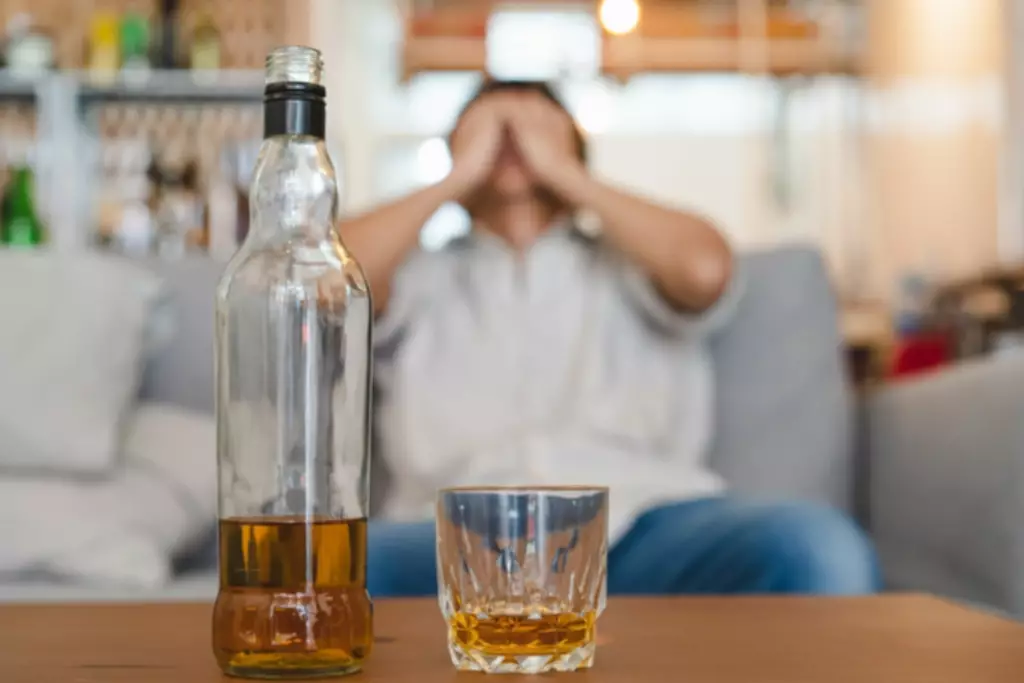How to Stop Alcohol Shakes Alcohol Addiction Treatment Center in PA
Content
Alcohol withdrawal can produce both physical and psychological symptoms. The severity of the symptoms you will experience often depends on the amount and duration of your alcohol consumption. While alcoholic shakes may be a common condition for those struggling with alcohol addiction or long-term alcohol use, they’re not something to be taken lightly.
An MRI can identify shrinkage in the cerebellum, which is a sign that it has been damaged from alcohol. This can also be caused by nutritional deficiencies, which can be rectified by supplementing thiamine. The “shaky hand” phenomenon can be a telltale sign that someone drank the night prior. The employee comes to work, sits at their desk, and can’t put the coffee up to their lips without it feeling like an earthquake rattles beneath them. If you’re experiencing the day-after alcohol shakes or shakes brought about from a binge, then know that abstaining from alcohol, hydrating, exercising, and time passed will usually remedy the situation. This anxiety is often the exact problem the AUD sufferer wishes to remedy, choosing alcohol as medicine.
Alcohol Detox Near Me
Medication may be provided for those with pre-existing conditions and to alleviate the unsettling withdrawal symptoms. For example, staff might prescribe a benzodiazepine such as Xanax to a patient experiencing anxiety and restlessness during detox. Treating your addiction is important to understand the underlying causes and to restore your mental and physical health. Professional addiction treatment starts with detoxification, to remove the alcohol completely and safely from your system.
How do you cure a hangover fast?
- Fill your water bottle. Sip water or fruit juice to prevent dehydration.
- Have a snack. Bland foods, such as toast and crackers, may boost your blood sugar and settle your stomach.
- Take a pain reliever. A standard dose of an over-the-counter pain reliever may ease your headache.
- Go back to bed.
This creates a state of temporary confusion and leads to dangerous changes in the way your brain regulates your circulation and breathing. The body’s vital signs such as your heart rate or blood pressure can change dramatically or unpredictably, creating a risk of heart attack, stroke or death. Some individuals may experience alcohol tremors after a period of abstinence. Alcoholics in recovery alcohol shakes and tremors who have been sober for one year may sometimes experience alcohol tremors at odd intervals throughout the day. Recovering alcoholics may acquire a permanent postural tremor defined by the inability to maintain a precise position, such as standing on one foot or extending an arm for prolonged periods. The first, mildest withdrawal stage often occurs six to 12 hours after the last drink.
How Do You Treat Alcohol Shakes?
Getting outside and going for a walk can do wonders if you are having a particularly rough time. Yes, it can certainly be difficult to pull yourself off of the couch or out of bed, but a good walk can completely recharge your mental and emotional state. The easiest way to lookup drug information, identify pills, check interactions and set up your own personal medication records.
- And a problem in the area of the brain that controls the body’s muscles is what causes these issues.
- The article also discusses how the treatment of AW can be linked to the treatment of alcohol dependence and any co-occurring or underlying disorders.
- Supportive counseling and medication therapy may also help reduce tremors caused by alcoholism.
Before you begin the alcohol detox, shift to a healthy diet rich in lean proteins like chicken, eggs, fish and non-fatty meats. Add in a lot of raw fruits and vegetables, whole grains, potatoes, beans and pasta. One advantage of in-patient detox is that you will be away from your usual drinking triggers and therefore be less likely to pick up a drink to stop symptoms when they begin.
Causes Of Alcohol Tremors
To understand what causes alcoholic shakes, you first have to understand what happens in the body when you drink alcohol. Alcohol is classified as a nervous system suppressant, which means it slows down your nervous system. Your heart rate drops, your blood pressure lowers, your breathing rate decreases and your brain has less activity. As it tries to cope with the influx of messages from the nervous system, your brain sends out signals that create the shakes or tremors you’re experiencing.

That’s why some alcoholics wake up shaky in the morning and need a drink to feel steady. The best way to quit alcohol while avoiding unpleasant withdrawal symptoms is to ask for help. If you have decided that it is in your best interest to stop drinking, one option is to seek help from a family doctor or primary healthcare provider.
Substance Abuse
Treatments can greatly reduce or eliminate most of the symptoms of alcohol withdrawal. Once you’ve made the decision to get sober, it’s very important to have the right support system around you. Trying to detox from https://ecosoberhouse.com/ alcohol on your own, or trying to quit “cold turkey,” can be very dangerous. Alcohol withdrawal syndrome can be life-threatening if your blood pressure and heart rate are not managed during the detox process.
How long do hangover shakes last?
Once a recovering alcoholic has completely detoxed, tremors will usually resolve. Detoxification can take from a few days to a few months. However, long-term alcohol abuse can cause brain, nerve, and liver damage, which may result in permanent tremors.

